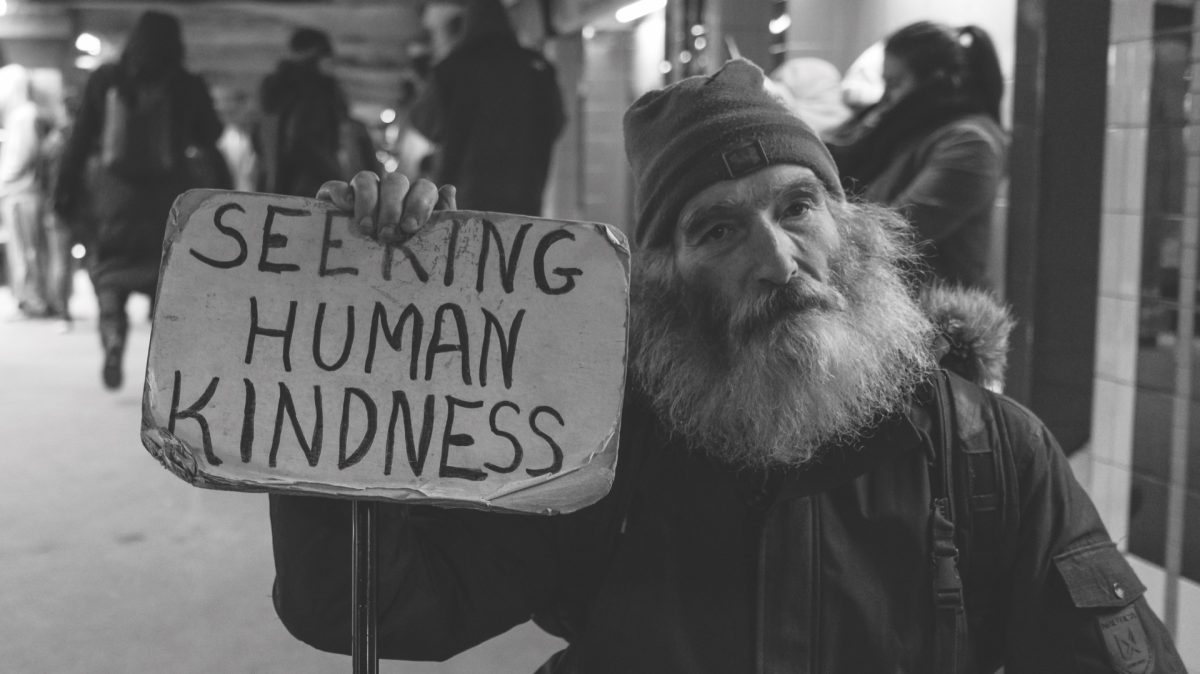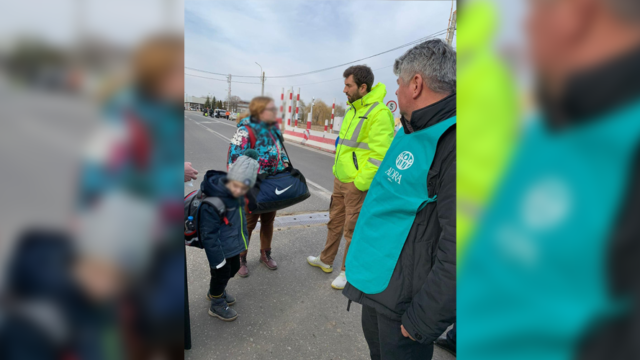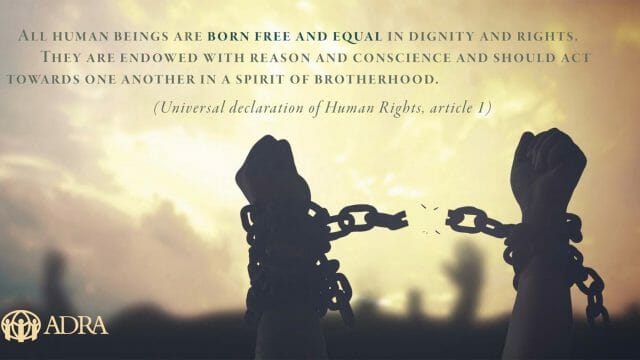Everyone can help their neighbors tackle the current economic crisis.

Across many countries around the world, the “cost-of-living crisis” has arrived—and it’s real, it’s painful, and it affects almost everyone. The reality of high energy prices is a raw utility knock affecting every home and business. But the knockon effect is the cost of goods and services. To make things, energy of one sort or another is required, leading to increased costs in goods and services. As a result, many nations have experienced levels of inflation not seen in 40 years.
But we can get through it if we really are all in it together. To support each other and anyone in need is a core value of the Christian community because of Christ’s example. “Encourage one another” (1 Thess. 5:11, NIV) is just one of hundreds of verses in the New Testament with the same message—help and support in both word and deed.
During the 1980s the Royal National Institution for the Blind ran a campaign with the motif “What blind people need is more tea and less sympathy.” Our compassion works best when we act. Those who “have” are incredibly positioned to bring relief, hope, and cheer to those currently struggling. This includes using a monthly direct debit to support a food bank, a soup kitchen, or a family. Also, ordering a weekly supermarket or grocery delivery to a home in need, or purchasing a card each month for a family struggling to pay their utilities.
On the other hand, the first problem for those struggling is to overcome “pride.” The cartoonist Ben Jennings from The Guardian illustrates in an incredibly sobering way the current reality. A father and son sit at an empty table, in an empty kitchen. The son has a plate of food, but the father does not. The son says, “Dad, when will I be grown up enough to not need dinner any more like you?”*
We are not failures, but victims—of national and international economic circumstances beyond our personal control. A visit to a food bank is not a badge of failure, but a necessary godly activity to provide and support family in these desperate times.
There were times in my life, while raising a young family, that I would go to the cash machine
to withdraw funds a week before payday, only to read that painful message “insufficient funds.” Pride kept me from sharing with anybody—and I used the credit card to solve the problem. It did not—it made matters worse.
If struggling right now—recognize reality, put your pride away, and seek help. If in debt, immediately contact creditors to manage repayments. For sure, credit scores are affected, aspiration goes on hold, but the mediumto long-term is repairable. Seek professional help from a free debt counseling service who will also help create a realistic budget. But also confide in one trusted close friend or family who can walk this journey with you. I remember doing this, and our friends shared tremendous helpful advice and practical support.
But it’s possible that during this crisis, we have run out of solutions. For this reason we must also dig deep into our spiritual bank. There is a song I learned as a child: “If I can help somebody, then my living will not be in vain.” God help me and each of us to live that value, particularly in these most challenging of times.
* Benn Jennings on British Parents Skipping Meals, cartoon, The Guardian, Nov. 25, 2022.








